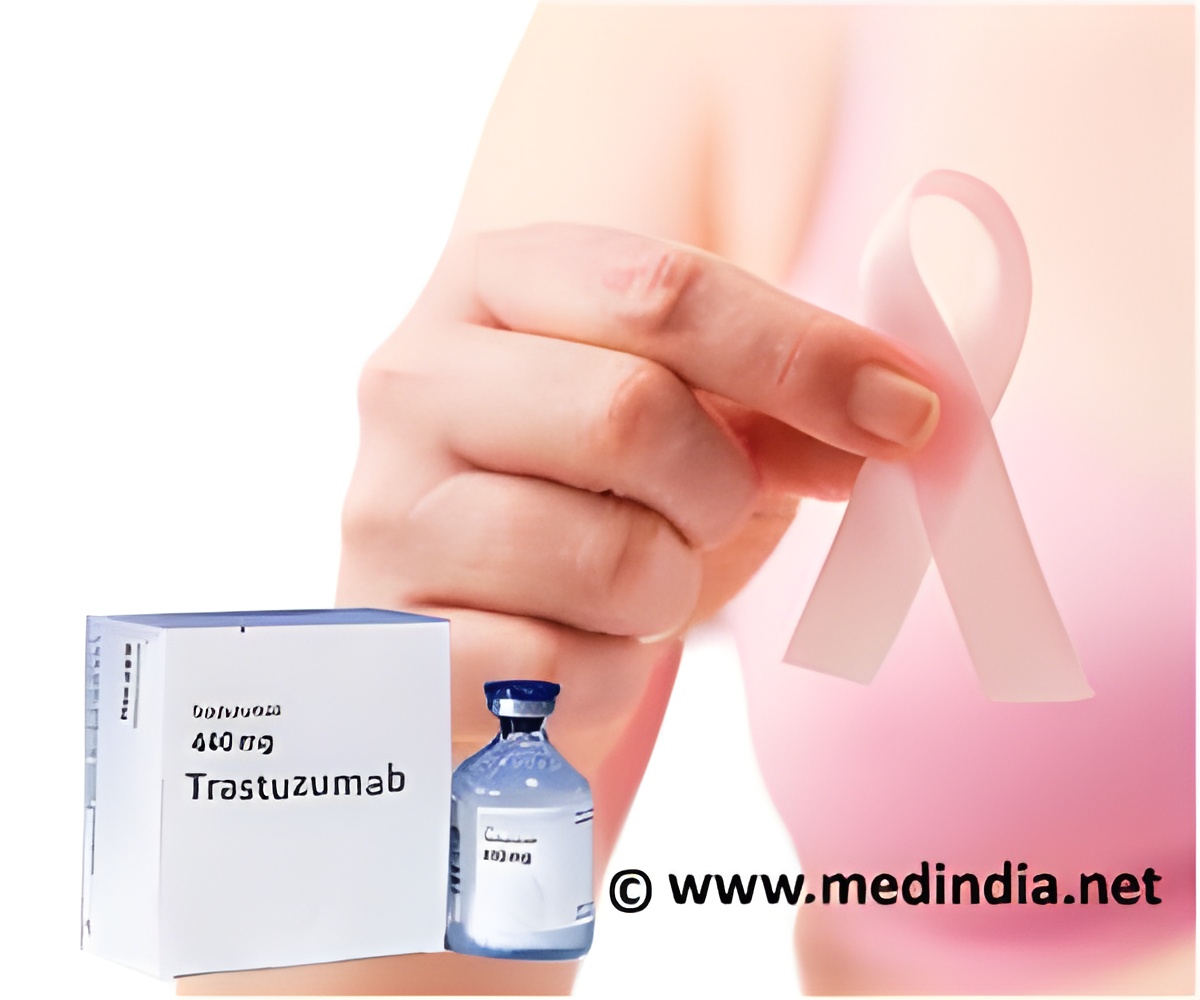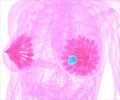Patients with estrogen-positive breast cancer face challenges during treatment such as an inability to predict who will respond to standard therapies,adverse events leading to therapy discontinuation.

‘Biomarkers retinoblastoma protein (Rb) and cytoplasmic cyclin E could indicate which patients will respond best to current first-line therapies.’





Khandan Keyomarsi, Ph.D., professor of Experimental Radiation Oncology, led a team that demonstrated how CDK4/6 and autophagy inhibitors synergistically induce cell senescence in Rb-positive cytoplasmic cyclin E-negative cancers. CDK4/6 inhibitors are approved by the Food and Drug Administration (FDA)."Our findings could impact the majority of ER+ and HER2-negative breast cancers accounting for about 60 percent of advanced breast cancers," said Keyomarsi. "We demonstrated for the first time evidence that Rb and cytoplasmic cyclin E status have a very strong effect on predicting response to the current standard first-line therapy for this population of patients, hormonal therapy plus palbociclib.We also discovered that by inhibiting the pathway such as autophagy that causes tumor cells to escape palbociclib growth inhibition, CDK4/6 inhibitor was more effective."
Deregulation of cell cycle checkpoint proteins, such as CDK4/6, is a key hallmark of cancer, resulting in uncontrolled cellular growth and tumor formation. Some CDK4/6 inhibitors, including palbociclib, ribociclib and abemaciclib, have shown potential in pre-clinical and clinical studies in numerous solid tumors. Palbociclib has demonstrated benefits in Phase II and III trials in advanced ER+ breast cancers, doubling progression-free survival compared to drugs such as letrozole or fulvestrant, and is currently being evaluated clinically in other solid tumors.
"Data provided through The Cancer Genome Atlas revealed alterations in the CDK4/6/cyclin D pathway in about 35 percent of the patients, making them an ideal population for targeting CDK4/6," said Keyomarsi. "Our study revealed that inhibition of CDK4/6 and autophagy pathways cooperate to induce sustained growth inhibition and senescence in vitro and in vivo, in breast and other solid tumors and showed how autophagy inhibition can significantly decrease the dose of palbociclib required to treat breast cancer patients. We believe this new strategy can improve the efficacy of other CDK4/6 inhibitor treatments like ribociclib and abemaciclib."
The team's findings indicated how Rb and cyclin E status predicts response to a combination of CDK4/6 and autophagy inhibition in pre-clinical models and that autophagy blockade is successful in reversing resistance to palbociclib.
Advertisement
Keyomarsi and colleagues anticipate future clinical studies based on this pre-clinical and clinical evidence with the aim of developing translational and clinical applications.
Advertisement
Source-Eurekalert















